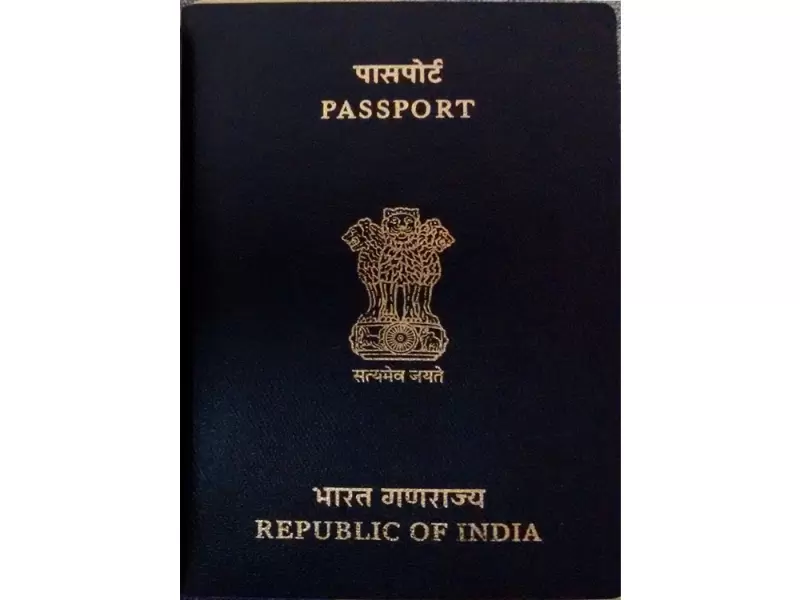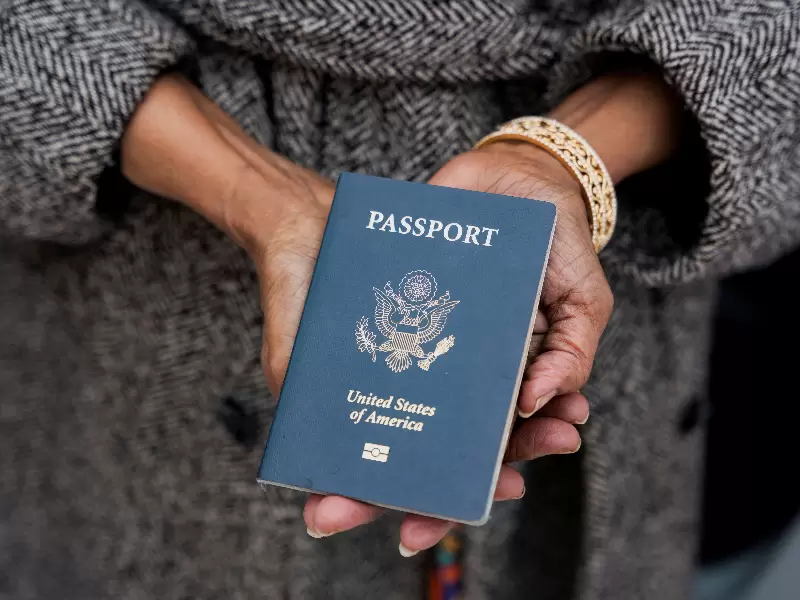ADVERTISEMENT
POP
See MoreCommunity
See MoreMajor rally across U.S. over Bangladesh violence
Organizers said the rallies were peaceful and focused on humanitarian and human rights concerns.
-
Bangladeshi minorities, including Hindus, have faced increased attacks following the change in government in 2024.
-
Speakers highlighted India’s democratic tradition, calling Republic Day a time to reflect on civic rights and responsibilities.
-
The organization discussed strategies as part of its 'Mission Rabies' work involving vaccination, training, and community outreach.
ADVERTISEMENT
Videos
View AllOpinion
See MorePeople
See MoreCornell’s Sanjiban Choudhury wins NSF career award
Award supports robotics research helping machines learn new skills from people, with education programs included.
-
The Governor has tapped the infrastructure expert for transit overhaul.
-
The award honors the Chennai-born researcher for his work on non-CO2 climate pollutants.
-
Often revered as the Bhishma Pitamah of Lucknow theatre, Dr. Rastogi has been central to the city’s cultural life.
ADVERTISEMENT
Entertainment
See More
For the uninitiated, Rani Mukerji will be seen reprising her iconic role in the third installment of the popular 'Mardaani' franchise.
-
The ‘Umbrella’ hitmaker shared an Instagram Reel of highlights that appeared to be from that period, reports ‘People’ magazine.
-
For the uninitiated, ‘Border 2’ that has been directed by Anurag Subha, has opened to a great response.
-
The makers have already revealed the character and looks of...
-
The music composer graced the show along with Vijay Sethupathi,...
-
ADVERTISEMENT
Immigration
See More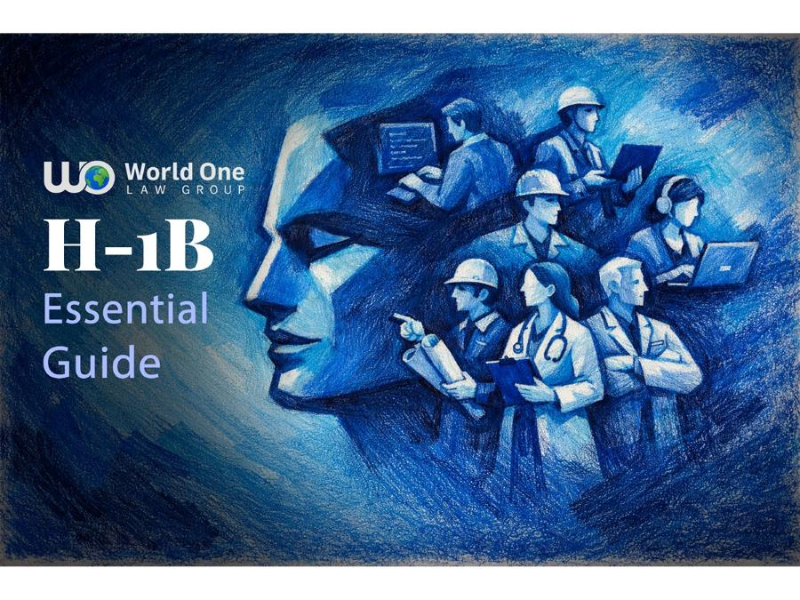
Employers can no longer treat H-1B planning as a routine annual process, as per World One Law Group.
-
The Texas-based physician warned that policy could harm healthcare delivery in the state.
-
Immigration attorney Neumann warned H-1B visa holders presently in the U.S. against travelling to India for stamping.
-
Indian travellers enjoy visa-free access across parts of Southeast Asia,...
-
"We're also going to revoke the citizenship of any naturalized...
Food
See More-
The online marketplace has grown through digital commerce driven by demand for accessible Indian products in the U.S. since its...
-
The Indian-American author and TV host discussed her show Taste the Nation and her new book at the university event.
-
The online marketplace has grown through digital commerce driven by demand for accessible Indian products in the U.S. since its...
-
This year’s list includes Indian-origin chefs and restaurant groups whose...
-
The restaurant will soon begin serving the buffet daily from...
-
The chef added that beyond the food, what left a...
-
Kapur attributed unhealthy outcomes largely to lifestyle choices.
-
The restaurant aims to bring Italian-American classics to the Metroplex
SPORTS NEWS
See MoreThe U.S. team looks to become a giant-killer in its...
The song, Feel the Thrill, was released ahead of the...
USA have been placed in Group A, where they will...
At only 19, she became the fourth Indian woman to...
News
See More-
ADVERTISEMENT
Please enter something
- Asian Americans
- Biz
- Books
- Canada
- Community
- Culture
- Dating
- Diplomacy
- Diwali
- Editor picks
- Editorial
- Explainers
- Fashion
- Features
- Food
- Immigration
- India
- India Decides '24
- India Independence Day
- Letters to the Editor
- Life
- Maha Kumbh
- Movies+
- News
- Opinion
- People
- Ram Mandir
- Reviews
- Rooted and Roaming
- Sports
- Spotlight
- Tech
- Travel n’ Diplomacy
- Trump 2.0
- UK Votes 2024
- US Elections 2024
- USA
- West Coast







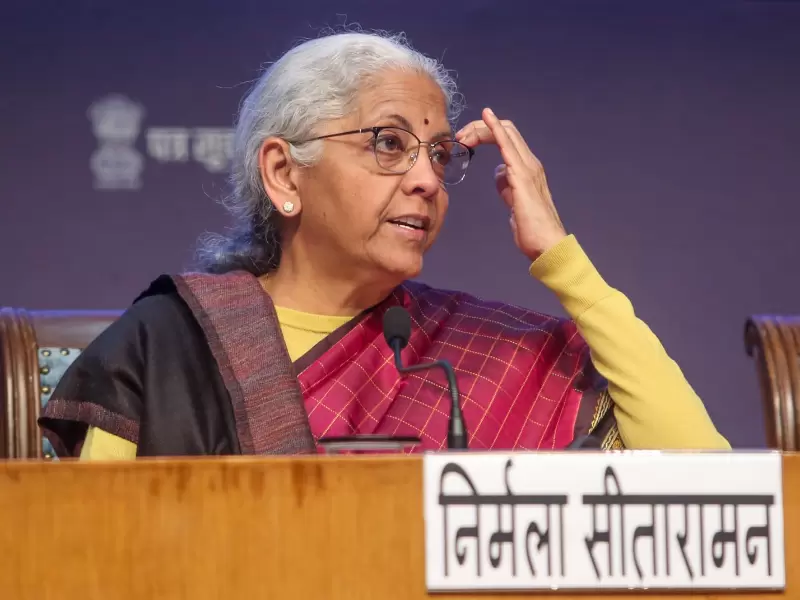



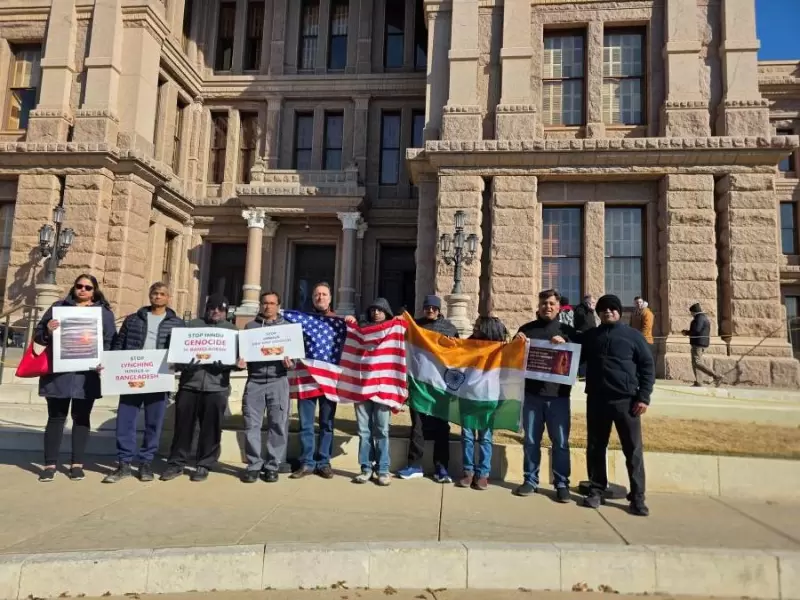

.jpg)
.jpg)


